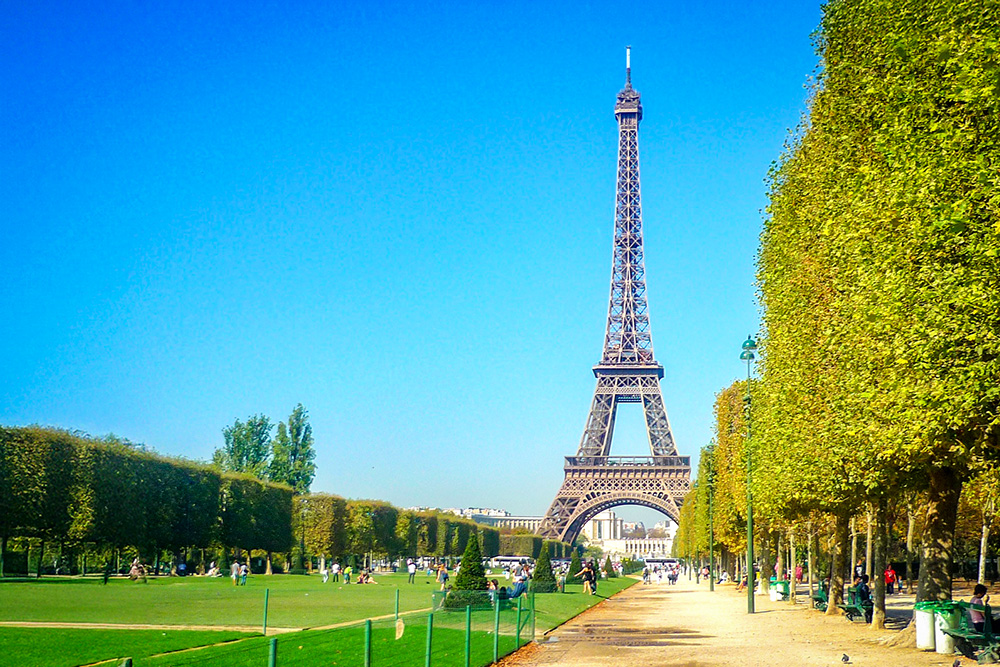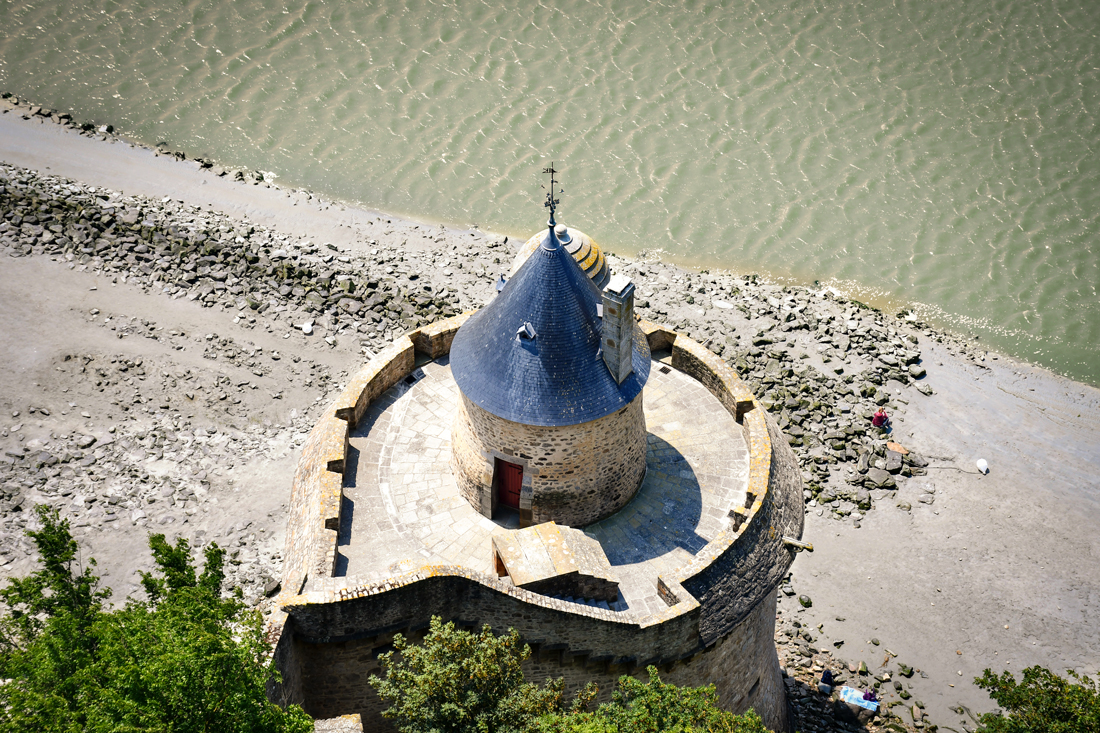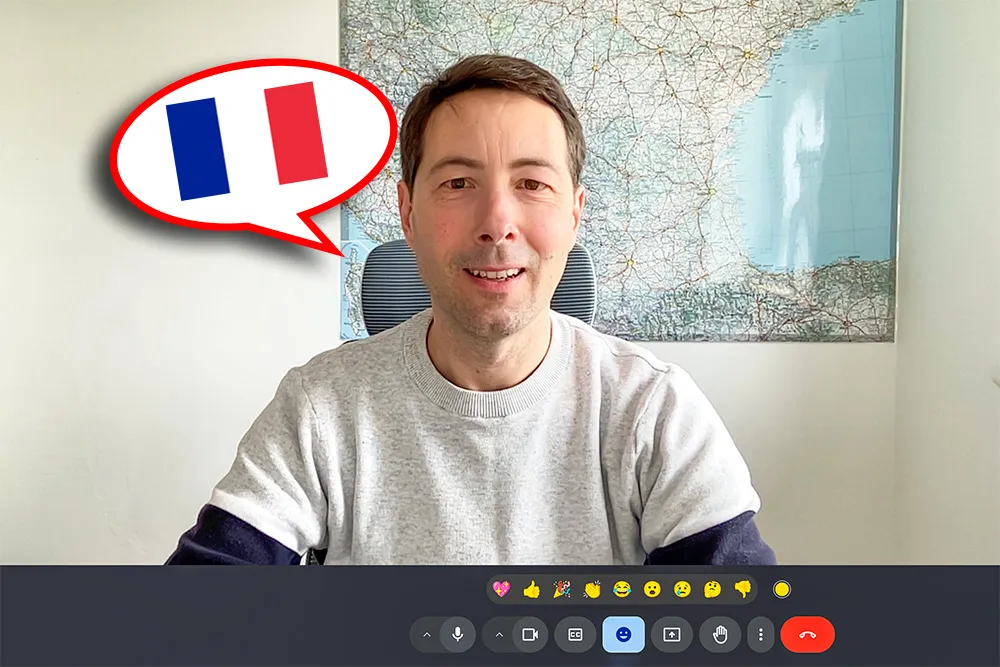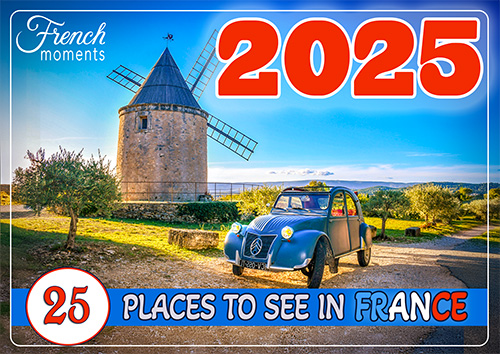If you're an English speaker learning French, “tour” might look like a friendly little word. After all, it’s the same in both languages, right?
Well… not quite.
In French, “tour” can mean a walk, a tower, a turn, a trick, or a cycling race — depending on context, and more confusingly still, on its gender.
Yes — tour can be masculine (un tour) or feminine (une tour), and the meaning changes completely.
Let’s unpack it.
Masculine or Feminine? That changes everything
Two identical words. Two opposite genders. Two completely different meanings. Welcome to French!

Un tour – the masculine “tour”
This is the version most English speakers expect: a tour, a trip, a ride. But it’s not just that…
faire un tour = to go for a stroll / ride / loop
On fait un tour en ville ? → Fancy a walk into town?
un tour de bateau / de vélo = a boat / bike ride
un tour du pâté de maisons = a walk around the block
un tour de magie = a magic trick
un sale tour = a nasty trick
le Tour de France = the world-famous cycling race
Not a sightseeing tour, but a multi-stage bike competition.
c’est mon tour = it’s my turn
Now it’s your turn = C’est à toi !
💡 Tip: If there’s movement involved — walking, riding, tricking, taking turns — it’s usually masculine.

Aimée fait un tour dans une forêt en Provence (Aimée' walking in a Provence forest) © French Moments
Une tour – the feminine “tour”
Now here’s the surprise: when “tour” means a tower, it becomes feminine.
la tour Eiffel = the Eiffel Tower
une tour médiévale = a medieval tower
les tours de Notre-Dame = the towers of Notre-Dame Cathedral
une tour (aux échecs) = a rook in chess
Not a “castle”, but still shaped like one!
You climb une tour, not un tour. If you mix them up, you might end up saying you climbed a magic trick… 🤭

The Eiffel Tower – La Tour Eiffel © French Moments
Special Case: The Chess Rook
If you play chess, the rook is called une tour in French.
Why? Well, here’s a curious fact:
The piece originally comes from Persian rukh, meaning chariot of war, not a tower.
But medieval Europeans didn’t know what a “rukh” was… so they drew it like a castle tower.
And voilà: la tour became standard, even though it has nothing to do with a real fortress.
A perfect example of historical mistranslation becoming permanent.
Confusing Examples for Learners
Let’s have some fun — and spot potential traps:
Je fais un tour de la tour Eiffel.
→ I’m doing a tour of the Eiffel Tower.
✅ Sounds fine, but two different “tours”!Elle a perdu sa tour aux échecs.
→ She lost her rook in chess.
❌ Don’t say “she lost her tour” — unless she mislaid a guided walk.Ils m’ont joué un tour !
→ They played a trick on me.
Nothing to do with sightseeing.

Let's walk around the Gabriel Tower (Mont Saint-Michel) – Faisons le tour de la Tour Gabriel © French Moments
Handy Cheat Sheet for Travellers

When in doubt...
Ask yourself:
👉 Is it something I climb? → Feminine (une tour)
👉 Is it something I do / play / walk / trick with? → Masculine (un tour)
And if you're still not sure, just listen to the context — or enjoy the ambiguity 😄
One last twist: Tours (the city)
Many English speakers confuse tour with Tours (the city in the Loire Valley).
Here’s the catch: they’re pronounced exactly the same in French — but mean very different things!
Je fais un tour → I’m going for a walk or a ride.
Je vais à Tours → I’m going to the city called Tours.
🛑 Important: the final “s” in Tours is silent!
It’s “toor”, not “tourz”.
🎯 Funny sentence:
Je fais un tour dans la tour du château de Tours.
→ I’m taking a stroll in the tower of the Château of Tours.
That’s three “tours”, all pronounced the same… good luck!
Final word
French loves homonyms, and “tour” is a champion of the category.
Once you know the gender game, it all starts to make sense — and actually becomes fun.
So next time you’re in Paris or the Loire Valley, impress the locals by using the right tour in the right place!
Bon voyage — et bon tour de la langue française !



